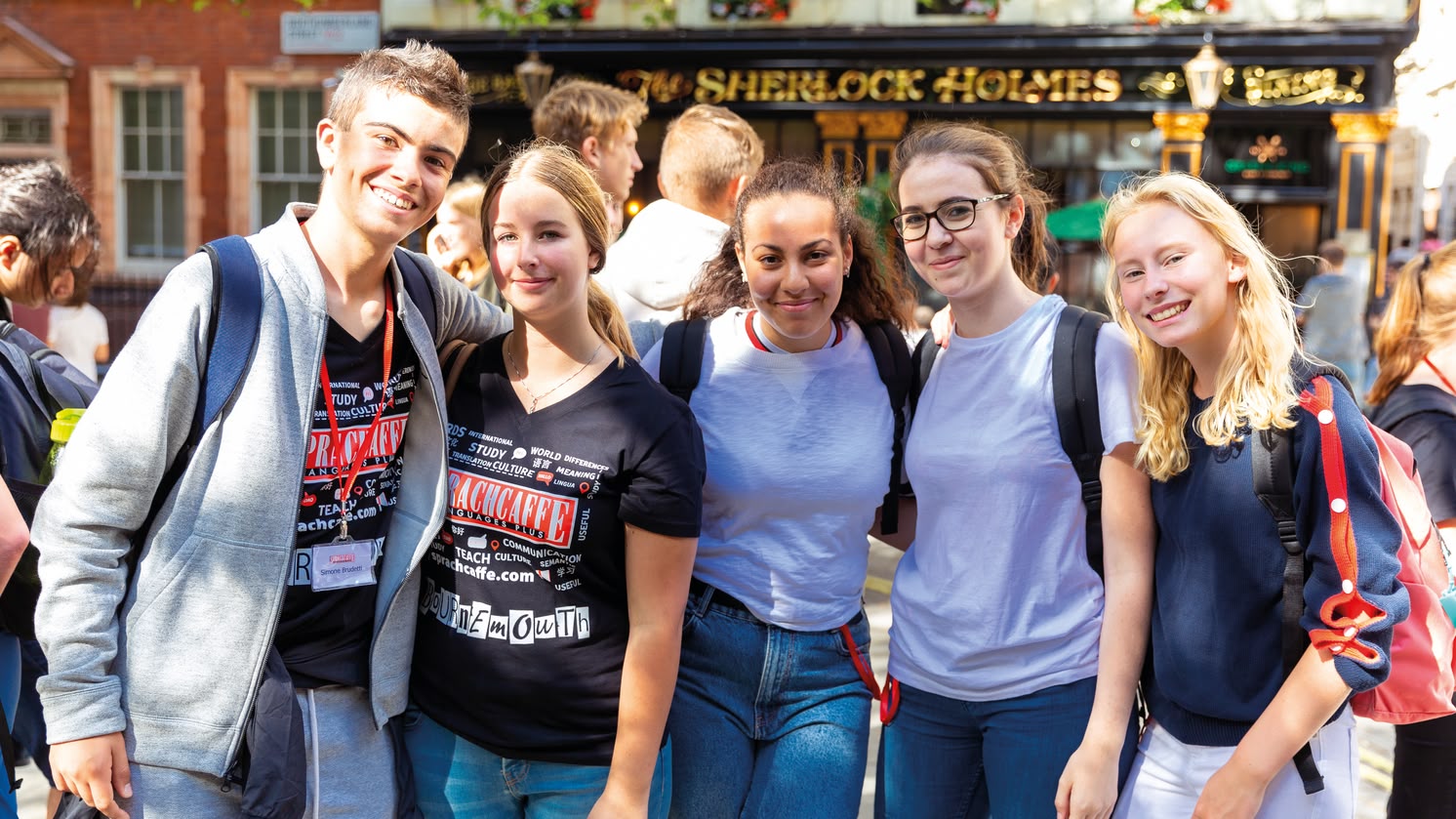Understanding Present Perfect tense: Formation, Usage, and Signal Words
Let's learn the English Present Perfect tense together! You'll see that it's not as hard as it seems at first glance. If you already know the Simple Present tense, you are well on your way to mastering the Present Perfect tense.
We will show you step by step how to form the Present Perfect tense and in which situations you can best use it. You'll also get lots of example sentences and useful signal words that will help you quickly understand and confidently use this tense. Let's go!
The formation of the Present Perfect tense
To form the present perfect tense, you need the verb have or has. Depending on which personal pronoun you are referring to. You also need the past participle of the verb you want to use in the past perfect tense. For the Past Paritciple, in the regular case, you just need to add the suffix -ed to the verb. Look at the following formula for forming the Present Perfect tense:
Personal pronoun + have/has + verb with -ed = Present Perfect tense.
To further deepen your knowledge of the Present Perfect tense, you should definitely also take a look at the following example sentences. It's also a good idea to formulate your own sentences in the Present Perfect tense. This exercise will help you understand the Present Perfect tense even more quickly.
Example sentences for the Present Perfect tense
| Verb | Present Perfect | Example |
|---|---|---|
| walk | have walked | I have walked to the store. |
| play | have played | She has danced in many competitions. |
| listen | have listened | We have cooked dinner together. |
| watch | have watched | He has watched that movie three times. |
| clean | have cleaned | They have studied English for two years. |
| talk | have talked | You have played soccer with us before. |
| love | have loved | The dog has barked all night long. |
| help | have helped | She has worked hard on that project. |
| cook | have cooked | We have visited that museum twice. |
| dance | have danced | He has painted his bedroom blue. |
Irregular verbs in the present perfect
There are a number of irregularities in the Present Perfect tense. However, these irregularities only occur in connection with the Past Participle. If you have not yet studied the past participle in English, you should do so when learning the present perfect tense. You will also need the Past Participle in other tenses of English grammar.
Take a look at the following examples of irregular verbs in the Present Perfect tense:
| Present Perfect tense | Example |
|---|---|
| have gone | I have eaten breakfast already. |
| has eaten | They have visited Paris several times. |
| have seen | She has studied English for three years. |
| has written | We have played tennis every weekend. |
| have taken | He has worked for the company for five years. |
| has sung | You have cleaned the kitchen nicely. |
| have spoken | The dog has chased the cat up a tree. |
| has driven | She has written a novel. |
| have broken | They have seen that movie before. |
| has chosen | He has lost his keys again. |
Joining the personal pronoun and verb in the Present Perfect tense
In spoken English, a shortened form of the Present Perfect tense is often used by combining the personal pronoun and the auxiliary verb have/has. In the negative, you must note that the word not is combined with the verb have in the shortened form and converted to haven't. This spelling is more colloquial and therefore should not be used in every text.
We'll show you how this looks in the following overview:
Reduction without cancellation
| I have walked | I've walked |
| You have travelled | You've travelled |
| They have played | They've played |
Shortening with cancellation
| I have walked | I haven't walked |
| You have travelled | You haven't travelled |
| They have played | They haven't played |
The use of the Present Perfect tense
The Present Perfect tense is an English tense used to describe past actions or events that are connected to the present. Therefore, it is used when the exact time of the action is not known or not relevant.
- Action from the past still has an effect in the present
- An action in the past has an effect on the present
- Action is completed in the past, but still has an effect on the present
- Completed action from the past has a connection to the present
To internalize the usage, it's best to look at the following example sentences for the Present Perfect tense. In addition to the example sentences, we also give you signal words for the Present Perfect tense. These show you when you need to use the Present Perfect tense when speaking English.
Signal words for the Present Perfect tense with example sentences
| Signal word | Example |
|---|---|
| Already | I have already finished my homework. |
| Yet | Have you finished your dinner yet? |
| Just | I have just arrived at the train station. |
| Ever | Have you ever been to Paris? |
| Never | I have never been to Asia. |
| Recently | Have you seen any good movies recently? |
| So far | I have visited three countries so far this year. |
| Up to now | Up to now, I have only heard good things about the new restaurant. |
Discover all options to learn English abroad
















